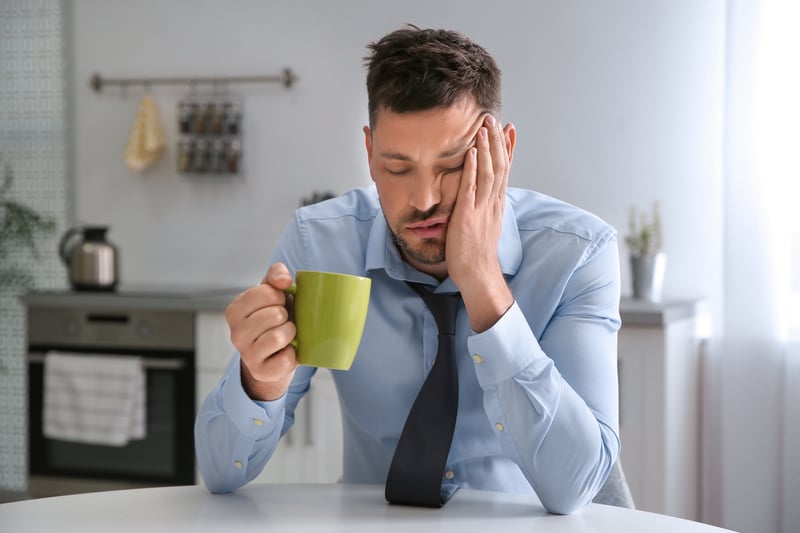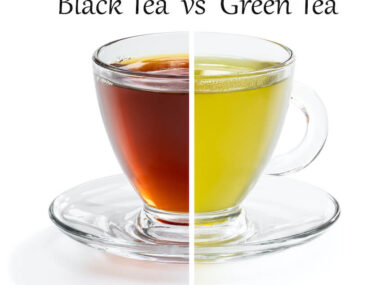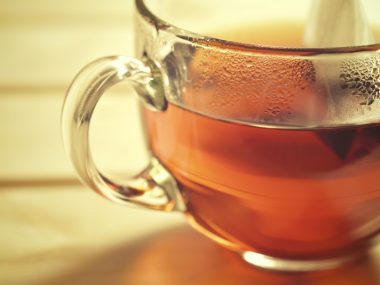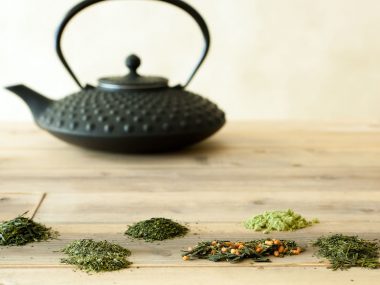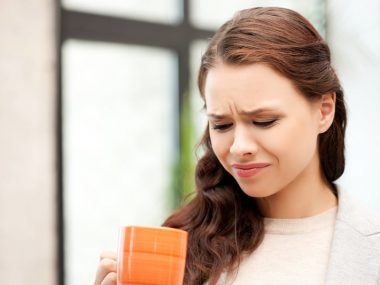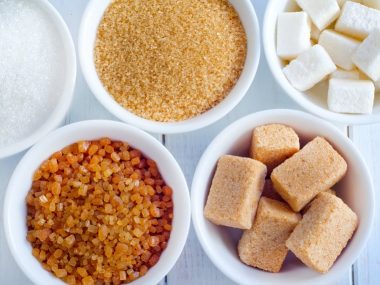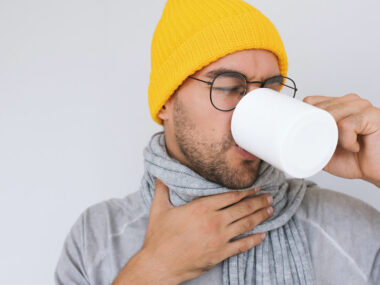Those of us who have celebrated a bit too much with “liquid libations” the night before find ourselves waking up the following day with horrific headaches and much more.
Our body is finely tuned and works full time, keeping everything balanced. The slightest thing, such as eating, drinking, illness, medication, injury, etc., affects that balance. So, when we consume alcohol, our body kicks into action to begin resetting our systems to get to a balanced state once again. Consider it a good thing if you feel that hangover after drinking because you know your body is doing what it’s supposed to do.
You will be surprised to find out that your favorite Matcha shot or go-to remedy for a hangover is more harmful than good. What we reveal is definitely “eye-opening!”
Table of Contents
Typical “Go-To’s” For A Hangover
Everyone seems to have their own version of what “cures” or helps a hangover. There are numerous hangover aids we reach for. The most popular remedy is consuming more alcohol to relieve hangover symptoms. This is known as the “hair of the dog.”
Rehydrating with intravenous fluids at the local infusion center is a trendy way to feel better. Electrolyte drinks, supplements, and many other go-to hangover remedies are out there.
Alcohol consumption depletes our bodies of fluids and can easily cause extreme dehydration. After a night of drinking, rehydration is a must. It’s how you rehydrate that makes a world of difference.
Is Matcha Good For Hangovers?
We could not find any scientific-backed data indicating Matcha as being a good tea for hangovers. In fact, the information we have presented to you purports caffeine to be a diuretic (causing urination which can lead to dehydration) in amounts of 90 mg or more.
Matcha is highly caffeinated and thus may be dehydrating rather than hydrating, which may not be ideal to consume with a hangover.
It would seem that an intake of low to no caffeine to help hydrate is feasible. With this in mind, it’s perhaps best to avoid too much caffeine and opt for something such as a glass of water or tea. However, with tea, you’ll want to be careful to choose the right one.
What Tea Is Best For A Hangover?
Based on the scientific data highlighting caffeine’s diuretic effect, we researched a few teas that are low (or no) caffeine. These teas are backed by scientific evidence to be beneficial for hangovers.
Please note that we do not recommend or advise the use of any of the following teas. We present scientific data to help you decide what may be the best herbal tea for a hangover.
#1: Honey Citron Tea
According to a published study entitled “Effects of Beverages on Alcohol Metabolism: Potential Health Benefits and Harmful Impacts,” honey citron tea is noted as a beverage that significantly decreases ethanol present in the blood by accelerating the metabolism of it. The body quickly metabolizes ethanol converting it to acetaldehyde; however, the acetaldehyde is not as quick to be metabolized and gets converted to acetic acid.
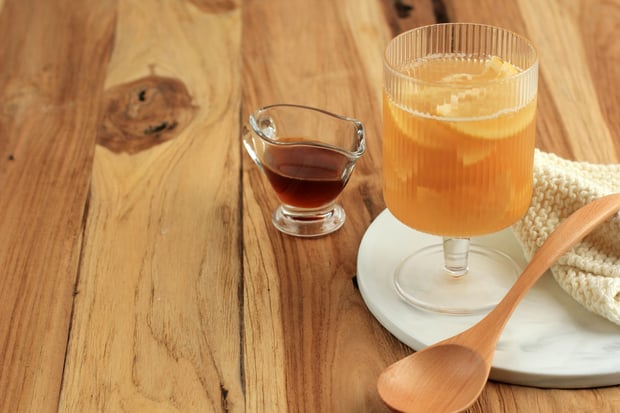
This tea is made from an Asian fruit called yuzu. Yuzu looks like an overgrown lemon yet tastes like a cross between a sour mandarin orange and grapefruit. You won’t find this citrus in any local grocery store because it’s illegal here in the U.S. The Food Network advises buying the jar version of the fruit to enjoy it.
#2: Ginger Tea
The best tea for hangover nausea is ginger. The same study that studied honey citron tea also found that ginger (Zingiber officinale) helps to reduce the toxic effect of alcohol. Ginger proved effective in the study to alleviate nausea, vomiting, and diarrhea associated with a hangover.
A published study (“Comparison between the efficacy of ginger and sumatriptan in the ablative treatment of the common migraine”) on ginger and migraines mentions this herb’s potential effect on migraines (headaches.)
#3: Asian Ginseng Tea
The same study on honey citron tea also mentions Asian Ginseng (Panax ginseng) (also known as Korean, red ginseng) as being helpful for hangovers. It’s believed that linoleic acid is the key element responsible for encouraging better metabolism of alcohol toxins. Test subjects who consumed red ginseng after consuming alcohol were found to be able to better metabolize alcohol toxins much quicker and more effectively, which relieved their hangover symptoms.
#4: Chamomile Tea
Most of us are familiar with chamomile tea as a bedtime tea, but is chamomile tea good after drinking alcohol?
The November 1, 2010 Issue of Molecular Medicine Reports notes chamomile’s use in traditional medicine to help treat digestive upset, anxiety, insomnia, digestive relaxant, nausea, and vomiting.
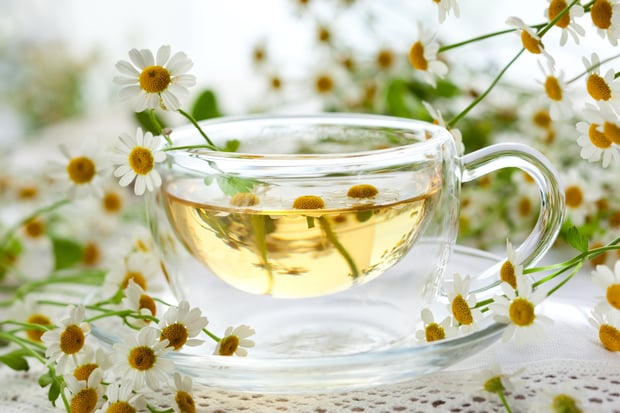
#5: Peppermint Tea
Peppermint (Mentha piperita) has been found to be beneficial in relieving headaches. A published study entitled “Cutaneous application of menthol 10% solution as an abortive treatment of migraine without aura: a randomized, double-blind, placebo-controlled, crossed-over study” highlights peppermint as being helpful to relieve pain, help with nausea and vomiting.
Rehydration Done Right
One of the most common hangover symptoms is “cottonmouth.” Our mouth is so dry that when trying to talk, our tongue easily sticks to the upper palate. We find that we are at a threshold where we need something to drink. It’s what you reach for at this very moment that’s either going to make you feel worse or better.
The last thing you want to do is to try to hydrate with another dehydrating drink. Likewise, there are beverages that aid our body’s ability to metabolize built-up toxins from alcohol. There’s almost a fine line one must watch for when choosing a hydrating beverage for a hangover.
Is Caffeine-Loading Helpful To Avoid Hangovers?
There is an alarming trend of drinkers consuming energy drinks (because of high caffeination) before or during alcohol consumption to ward off drunkenness and potential hangovers. However, researchers with Human Psychopharmacology studied the effects of energy drink co-consumption with alcohol to uncover what drives drinkers to do this.
- 55% of test subjects did this because energy drinks mask the unpleasant taste of alcohol.
- 15% of test subjects were under false assumptions that caffeine loading would allow them to drink more because the caffeine prevents them from feeling drunk.
- 7% of test subjects thought having caffeine on board would mask the appearance of being drunk.
The general belief among the test subjects was if they consumed high amounts of caffeine, they would look less drunk, feel less drunk, and be able to drink more. Caffeine does not keep drinkers from the depressant effect alcohol has on the body. It merely masks intoxication. Researchers reported that consuming energy drinks with alcohol caused “higher scores” of hangover symptoms along with impairment.
The results from this study imply high levels of caffeine consumed in conjunction with alcohol are a bad combination.
The Best Hangover Solution
Hangovers serve as hard lessons learned that deter most of us from excessive alcohol consumption. Most don’t want to relive the harsh physical consequences that follow a night of partying. So, when you find yourself waking up with a whopper hangover, the best thing to do is pamper yourself and practice moderation or abstinence when it comes to alcohol.
